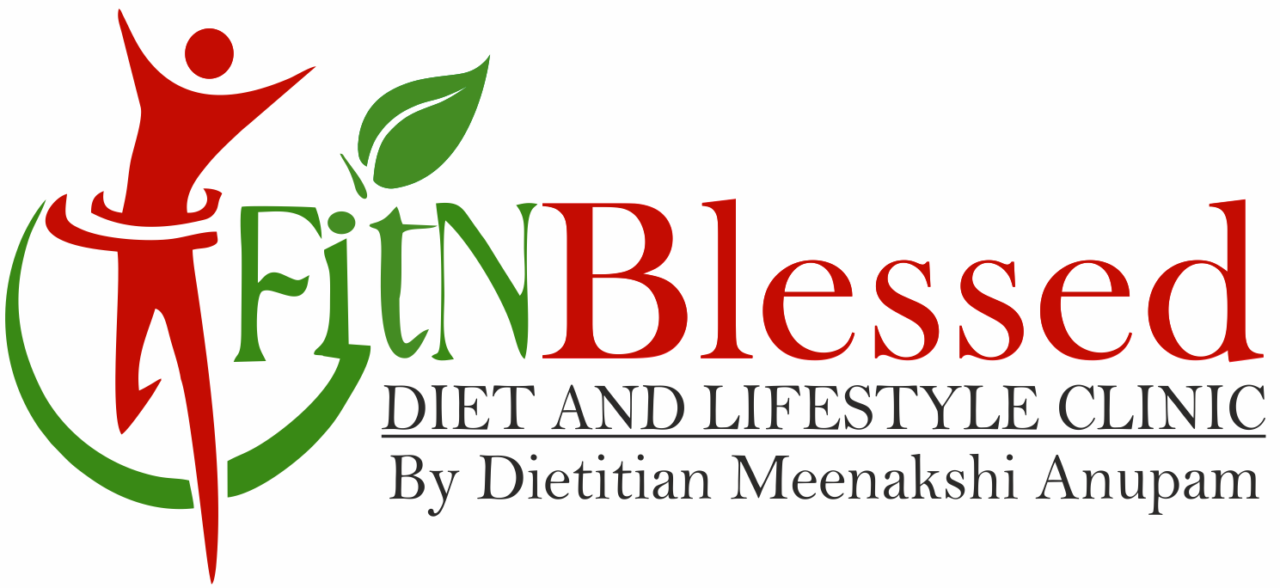CANCER DIET PLAN
I can provide you with some general dietary guidelines that are often recommended for individuals undergoing cancer treatment. It’s important to note that every person’s body and situation are different, so it’s crucial to consult with a healthcare professional or a registered dietitian who specializes in oncology to create a personalized diet plan tailored to your specific needs and preferences.
Here are some general tips that are often considered when creating a cancer diet plan:
1. Focus on Nutrient-Rich Foods:
- Include a variety of fruits, vegetables, whole grains, and lean proteins in your diet.
- Choose colorful fruits and vegetables, as they are rich in vitamins, minerals, and antioxidants that support overall health.
- Opt for whole grains like brown rice, quinoa, whole wheat, and oats, which provide fiber and essential nutrients.
2. Stay Hydrated:
- Drink plenty of water, herbal teas, and clear soups to stay hydrated, especially if you’re experiencing nausea or vomiting.
3. Choose Healthy Fats:
- Include sources of healthy fats such as avocados, nuts, seeds, and olive oil.
- Limit saturated fats and avoid trans fats found in fried and processed foods.
4. Moderate Protein Intake:
- Include sources of lean protein, such as poultry, fish, beans, and tofu, to support muscle strength and immune function.
5. Manage Digestive Issues:
- If you’re experiencing digestive problems like nausea, diarrhea, or mouth sores, opt for bland, easy-to-digest foods.
- Avoid spicy, greasy, and overly seasoned foods.
6. Be Mindful of Portion Sizes:
- Pay attention to portion sizes to maintain a healthy weight. Some cancer treatments can lead to weight changes.
7. Limit Processed Foods and Sugars:
- Minimize processed foods, sugary snacks, and sugary drinks. These provide empty calories and offer little nutritional value.
8. Consider Supplements:
- Talk to your healthcare provider about whether you need specific supplements, such as vitamin D or B12, especially if your diet is restricted due to treatment side effects.
9. Listen to Your Body:
- Cancer treatments can affect your appetite and taste preferences. Eat small, frequent meals if you find it challenging to eat large portions.
- If certain foods cause discomfort, try different options to find what works best for you.
10. Consult a Professional:
- Work closely with a registered dietitian who specializes in oncology to create a personalized and flexible eating plan that meets your nutritional needs and addresses any treatment-related side effects.
Remember, these guidelines are general and might not apply to everyone. It’s essential to have an individualized approach based on your specific health condition, treatment plan, and personal preferences. Always consult your healthcare team for personalized advice.
